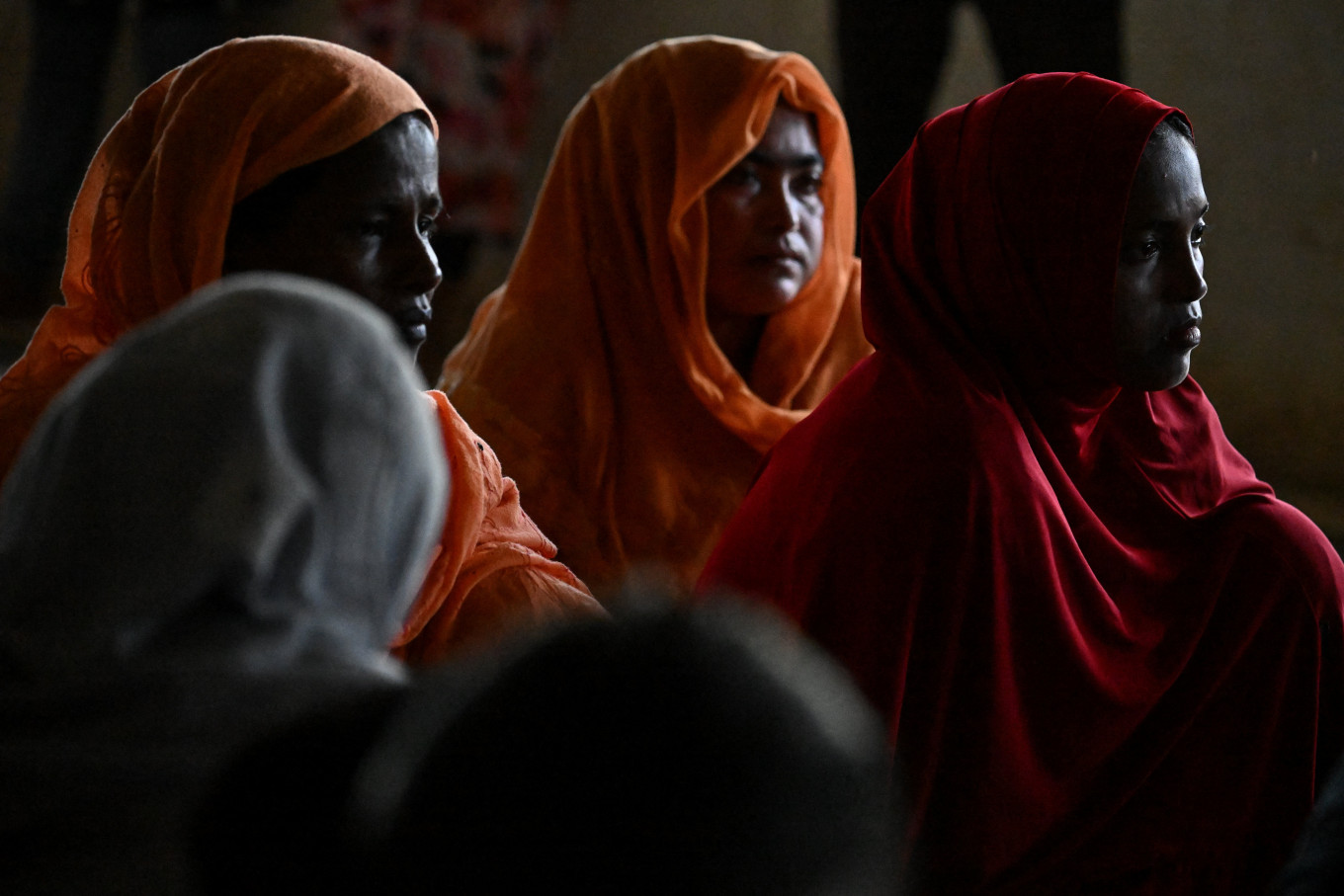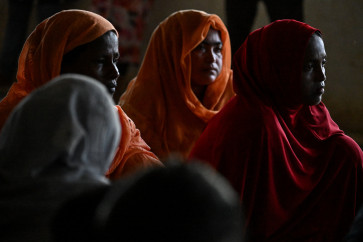Popular Reads
Top Results
Can't find what you're looking for?
View all search resultsPopular Reads
Top Results
Can't find what you're looking for?
View all search resultsNation states’ ‘sedentarism’ versus Miller’s ‘Migrants’
In the Soeharto’s New Order Era (1966-1998) the use of the term pribumi (indigenous) and non-pribumi (non-indigenous) was invariably a reference to ethnic Chinese Indonesians and a reason to treat them as punching bags and cash cows
Change text size
Gift Premium Articles
to Anyone
“Home sweet home”. Who is not familiar with that expression, and even more so with the feeling of relief, safety and joy upon returning home after having been away?
But is home the basis of human existence and civilization? According to Sam Miller, the author of Migrants (2023), it’s precisely migration that is at the heart of human history. He says it is “The Story of Us All” – the subtitle of his book – and that migrants are “slaves and spouses, refugees and retirees, expats and exiles, conquerors and job-seekers” (page 6).
As Christopher Dekki, the director of Global Advocacy and Engagement, points out, migration has been essential to the development of human civilization, and that it has “always been a catalyst of knowledge, of culture […and] of science – an aspect that often goes unmentioned in the recent, heated debates on migration” (“Migration: an Essential Pillar of Human Civilization”, Urbanet, 2018).
Dekki forgot to mention: food and cuisines! They are very much a part of the migration process!
Miller agrees that contemporary debates on migration are not only heated, but very toxic, so much so that he almost gave up after writing the first chapter. There were two reasons for this, one because “the public debate on migrants […] had become so […] vitriolic […] chauvinistic”, and that “migration studies” tended to see migration as a contemporary phenomenon, and the migrant as an “anomaly”. Luckily in 2018, he resumed writing the book, when he realized he was not alone in his belief that migration is central to the development of human civilization.
Who is Miller? Born in 1962 in London, he is a British journalist and author of several books. I met him in Jakarta while he was working for the BBC's international charity, BBC Media Action. He has spent much of his adult life on the move – living and working in India, Tanzania, Ethiopia, Sierra Leone, Tunisia, Nigeria, Afghanistan, Cambodia and Indonesia.
His book resonated a lot with me for many reasons -- firstly, from my own life experience. I was a migrant even before I was born. The daughter of an Indonesian diplomat, I was conceived and born in two different countries (Penang, Malaysia, and New Delhi, India). I was brought up as a child and teen in Europe, living in London, Prague, Budapest and Rome. I gave birth to my son – conceived in Jakarta – in Bonn, Germany. As a child, when I met people who had lived in one place all their lives, I couldn’t believe it. Since birth, I moved countries every two or three years, so I assumed that was how everyone lived. I thought, how can anyone live all their life in one country?



















